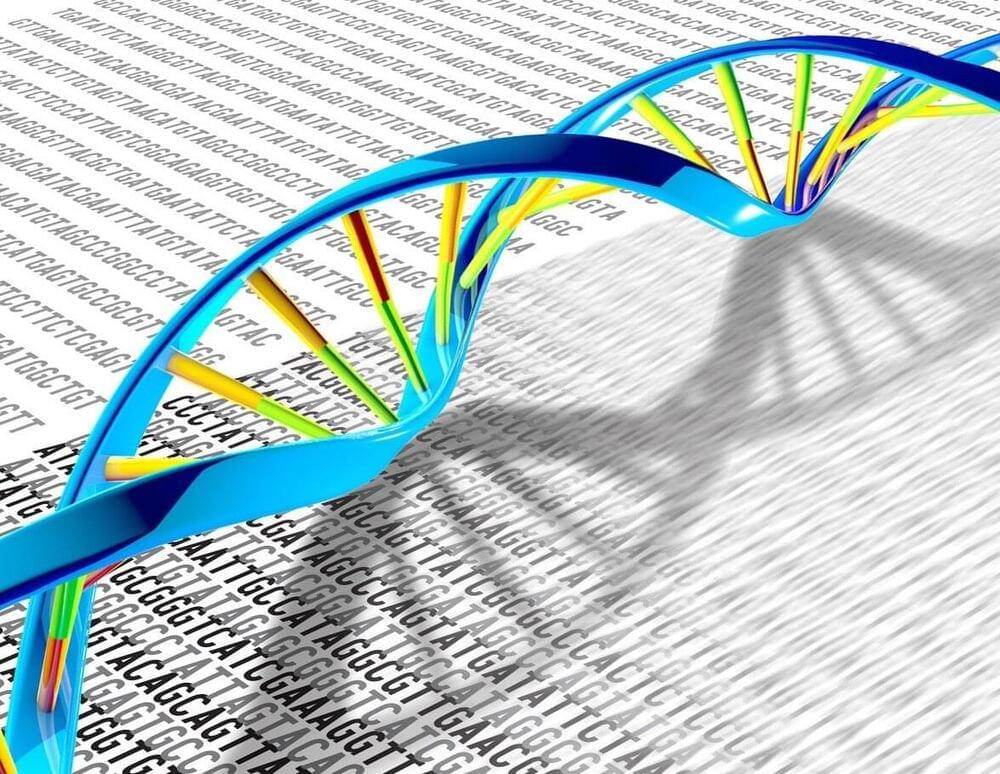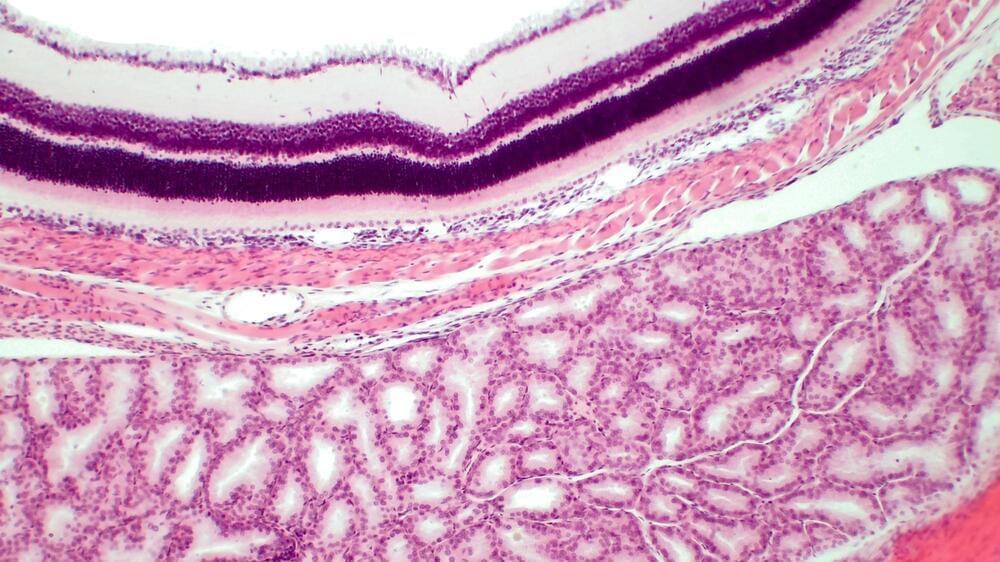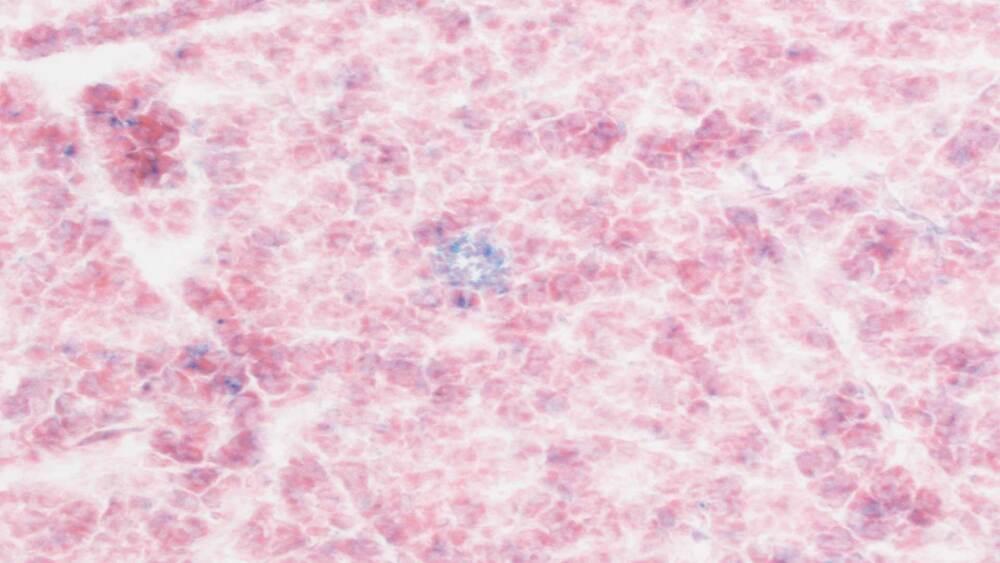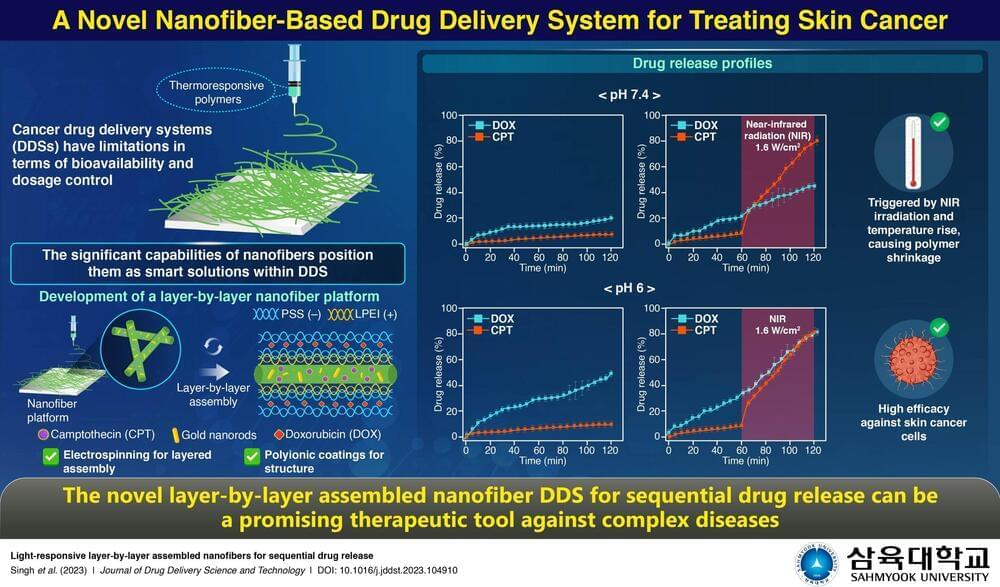Jan 26, 2024
Researchers discover why one type of chemotherapy works best in bladder cancer
Posted by Shubham Ghosh Roy in category: biotech/medical
Tisch Cancer Institute researchers have discovered that a certain type of chemotherapy improves the immune system’s ability to fight off bladder cancer, particularly when combined with immunotherapy.
These findings, published in Cell Reports Medicine, may explain why the approach, cisplatin chemotherapy, can lead to a cure in a small subset of patients with metastatic, or advanced, bladder cancer. Researchers also believe that their findings could explain why clinical trials combining another type of chemotherapy, carboplatin-based chemo, with immunotherapy have not been successful but others that use cisplatin with immunotherapy are successful.
“We have known for decades that cisplatin works better than carboplatin in bladder cancer, however, the mechanisms underlying those clinical observations have remained elusive until now,” said the study’s lead author Matthew Galsky, M.D., Co-Director of the Center of Excellence for Bladder Cancer at The Tisch Cancer Institute at Mount Sinai.
















